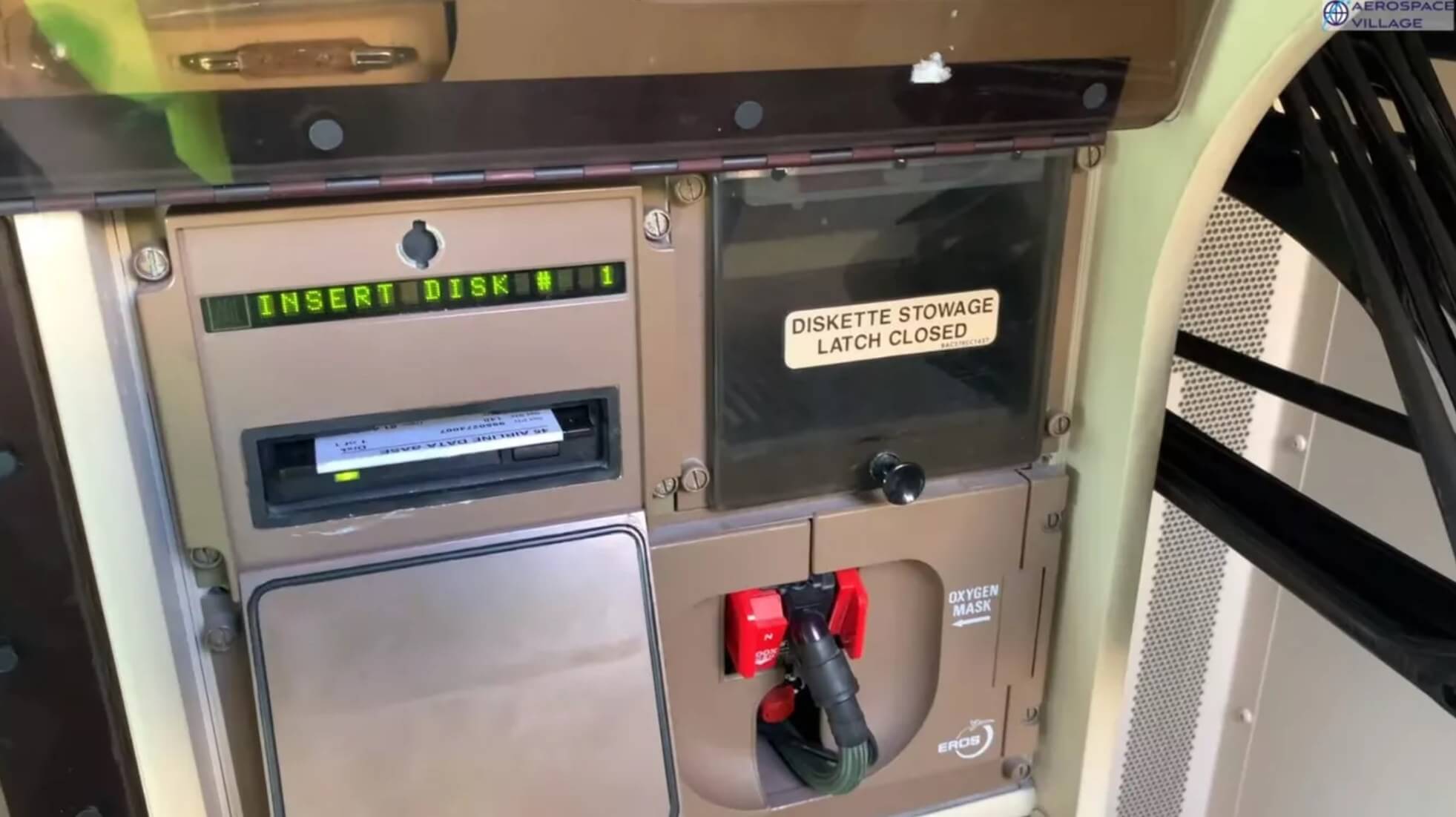Why it matters: Remember 3.5-inch floppy disks? They might be pretty much obsolete in the world of home computing, but they're still in use within certain industries, including aviation. The Boeing 747-400 planes, for example, use the antiquated disks to receive critical software updates.

As reported by The Register, the discovery was made by cybersecurity firm Pen Test Partners (PTP), which was showing off the inner workings of a British Airways 747 that the airline retired recently due to falling passenger numbers during the pandemic.
Jumping to around the 7:45 mark in the video, the team reveals the plane's navigation loader—a 3.5-inch drive that has to be updated every 28 days. That means manual updates from engineers who visit the planes each month with disk-filled binders.
According to Aviation Today), it's not just Boeing 747s that use floppy disks—a "significant number of airlines are still using floppy disks for software parts loading." Many Boeing 737s have been using them to load avionics software for years, and with the databases getting larger, some engineers are loading updates spanning up to eight floppies. These include vital information on airports, runways, flight paths, waypoints, and more.
Elsewhere, PTP's Alex Lomas addresses the long-running claim that it's possible to hack an in-flight entertainment system and take control of a plane. "Where we've gone deliberately looking, we've not found, at this point, any two-way communication between passenger domain systems like the IFE and the control domain. There is the DMZ of the information services domain that sits between the two; to jump between two layers of segregation would be tricky in my view."
While a cybersecurity professor discovered a buffer overflow exploit on a British Airways flight's entertainment system last year, there's still no proof that passengers can access flight systems from their seats.
Modern planes use more advanced technology than floppies, such as fiber networks and over-the-air updates, but new tech doesn't always mean the planes are safer. Software issues caused two 737 Max crashes that killed 346 people. The planes were grounded, and Boeing resumed production of the aircraft in May.
Floppy disks are still used in other industries—the International Space Station is packed with floppy drives, and US Defense Department only dropped them from its nuclear weapons systems last year.
https://www.techspot.com/news/86341-boeing-747s-use-35-inch-floppy-disks-critical.html